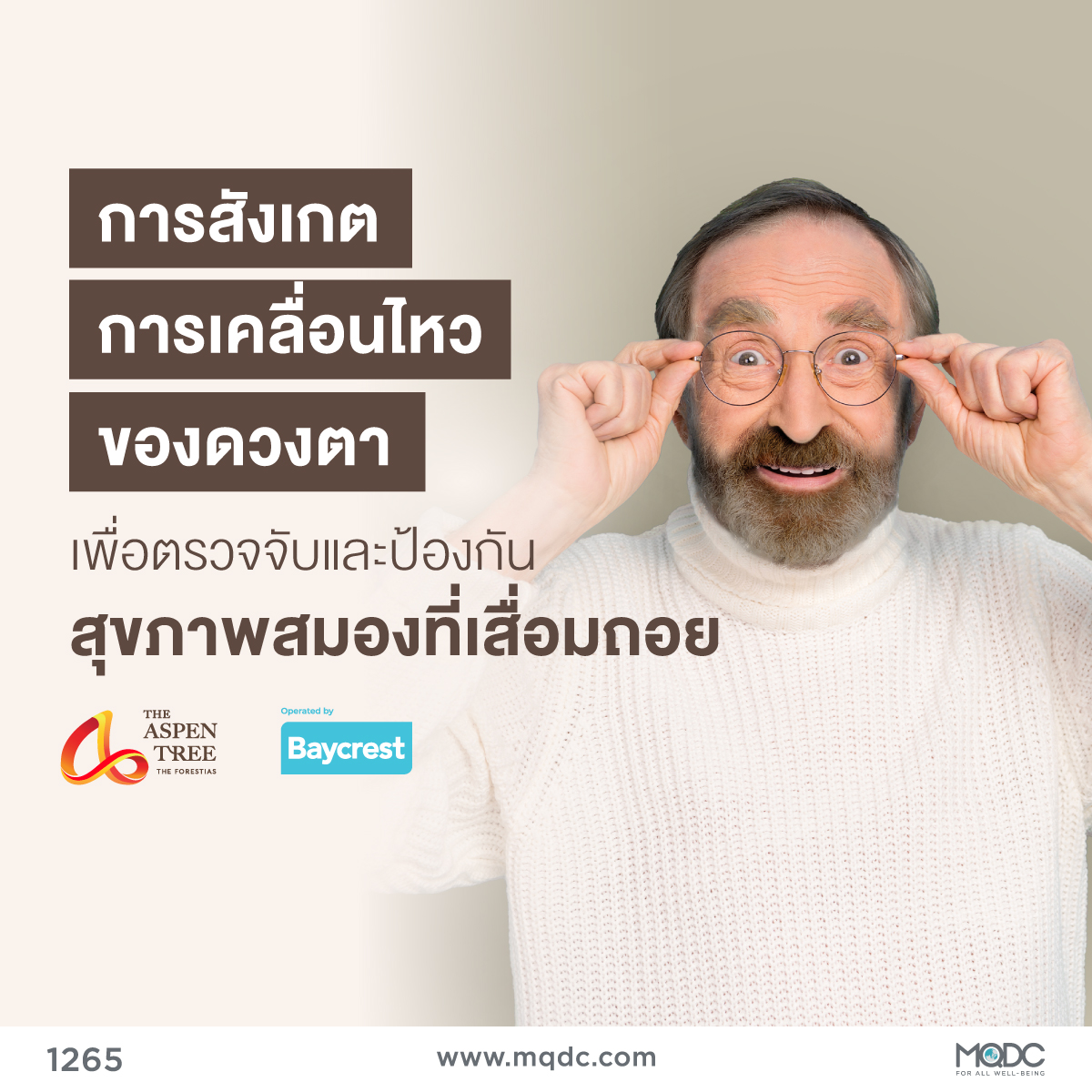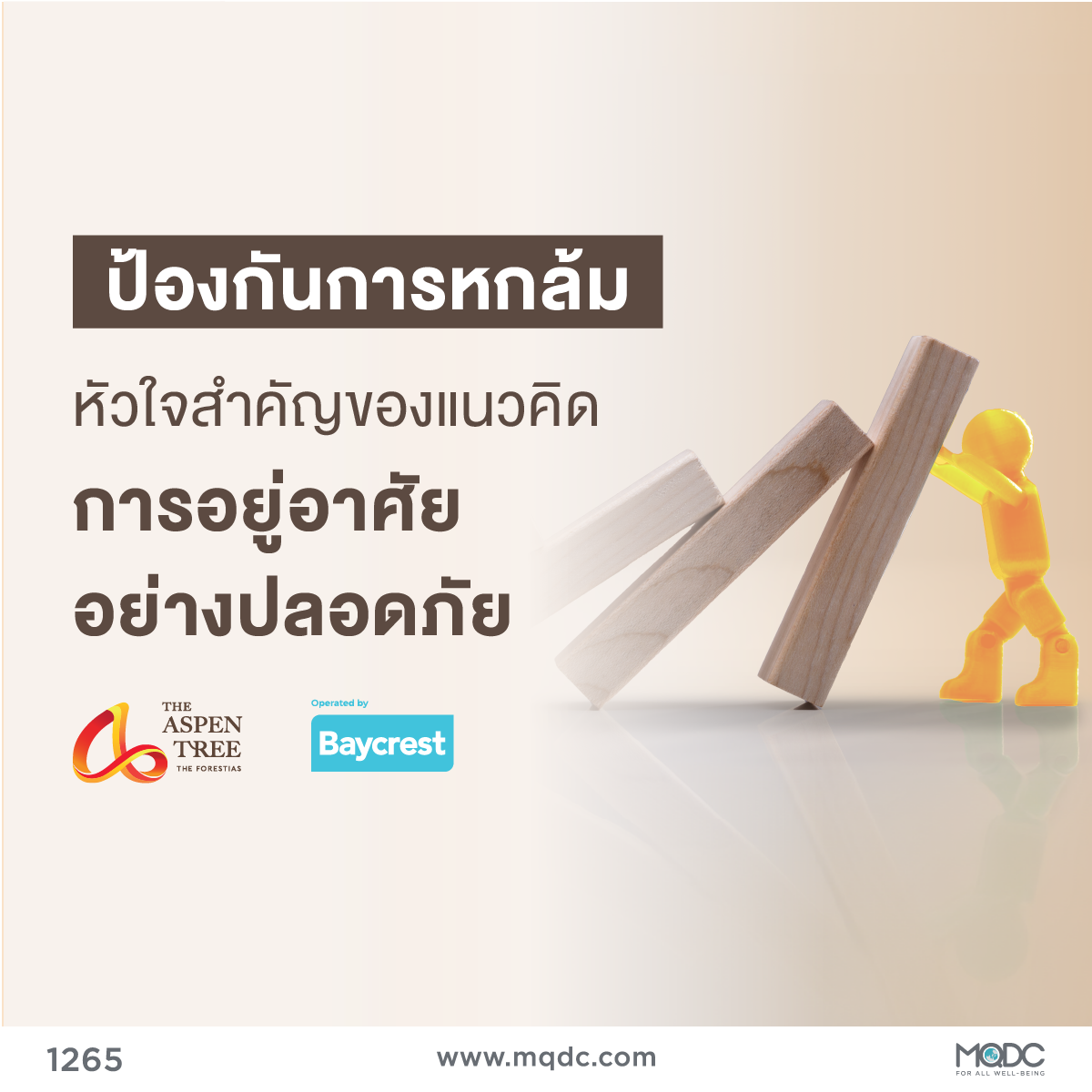Neurology Research Finds New Way to Help Older Adults
Baycrest is pleased to announce that Dr. Jennifer Ryan has been appointed as the new Anne and Max Tanenbaum Chair in Cognitive Neuroscience, a joint position at Baycrest and the University of Toronto. A leading neuroscientist in the field of aging and brain health, Dr. Ryan will harness her expertise in eye tracking to develop tools that detect changes in cognition and mental health, as well as cognitive strategies to keep people healthier for longer.
Dr. Ryan’s research has already shown that eye movements are closely linked to memory, potentially playing an active role in helping us create memories and retrieve them later. She is now exploring ways to use this link to screen for dementia risk and cognitive decline.
Eye Movement Reveals Our Mental Health and Memory
“Eye tracking has the potential to be a great tool to assess memory and other cognitive functions because, unlike many existing neuropsychological tests, it doesn’t rely on language or education. This could make it particularly useful in diverse communities such as Toronto,” says Dr. Ryan, Senior Scientist at Baycrest’s Rotman Research Institute (RRI) and Professor at the University of Toronto. “The earlier we can detect cognitive decline, the earlier we can prescribe interventions to help individuals maintain their brain health for as long as possible.”
Building on the link between eye movements and memory, Dr. Ryan is testing whether there are optimal visual scanning strategies for memory. This knowledge could lead to the development of training to help older adults better remember the things they see as they age.
Besides memory, eye movement patterns may also reflect mental health. Preliminary results from Dr. Ryan’s lab suggest that people who have experienced depression in the past or who are currently living with it may not visually explore their world as much as others do. Therefore, Dr. Ryan and her team are investigating the use of eye tracking to detect changes in mental health, which could ultimately help in addressing mental health concerns as early as possible.
Sparking New Research for Healthy Aging
“I am excited by the promise of Dr. Ryan’s research on eye tracking and mood disorders, and by her continuing studies of memory and cognition,” says Dr. Trevor Young, Dean of the Temerty Faculty of Medicine at U of T. “This work extends the trajectory of innovative neuroscience in Toronto supported by the Anne and Max Tanenbaum Chairs, which spans more than two decades.”
Look After Your Well-Being at 50+ at The Aspen Tree at The Forestias Operated by Baycrest with Every Detail for Your Wellness
Research-based care can slow the decline we all face at 50+ in our physical state and perception.
A suitable environment boosts your physical and mental health, with experts on hand to help you enjoy a high quality of life, living life to the full with meaning and free from worry.
This concept inspires The Aspen Tree at The Forestias, designed and developed with research leaders and Canada’s world-leading Baycrest Crest to meet every need of older adults. You can live in a multigeneration community in The Forestias with comprehensive health and care (Holistic Lifetime Care). Full facilities and the Health & Wellness program enhance your lifestyle with activities such as yoga, swimming, singing, playing music, meditation, outdoor activities, hydrotherapy, and much more to keep your body, mind, and brain in great shape.
The Aspen Tree at The Forestias also has a Health & Brain Center to safeguard your health and wellness. The center’s experts can delay the onset of dementia and provide care to overcome brain and memory problems. A team of healthcare specialists is on hand 24 hours a day to keep you safe and well in every aspect.
Live free from cares in the free time of live... Let’s find the perfect life together.
Find out more CLICK https://mqdc.com/aspentree
Call 1265
LINE OA: @TheAspenTree or CLICK https://mqdc.link/3Emhkde
Source:









